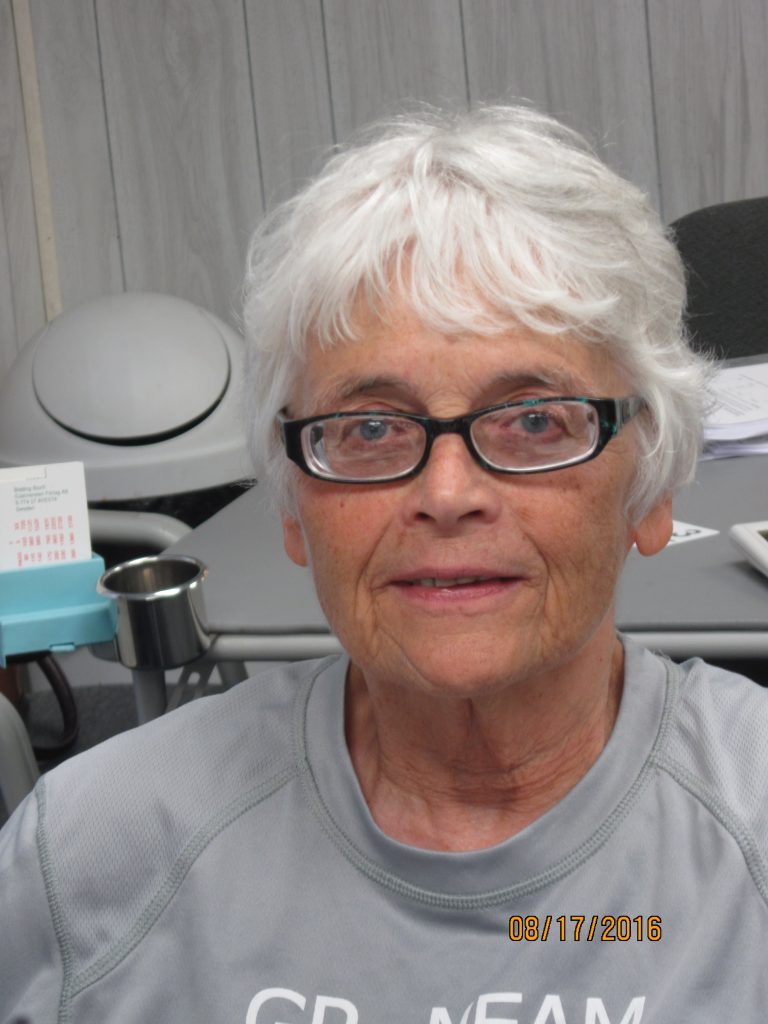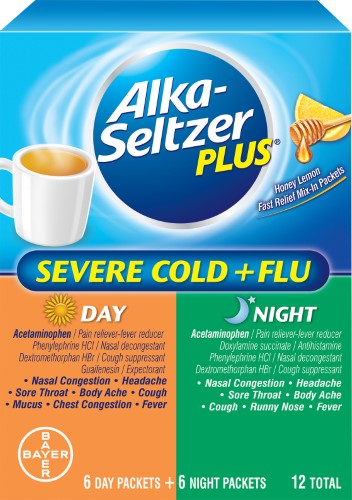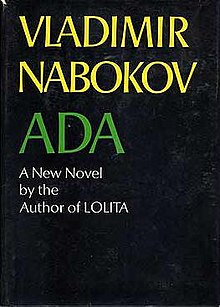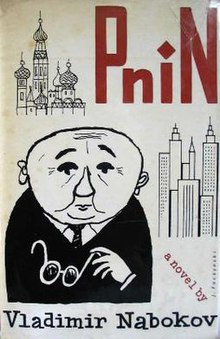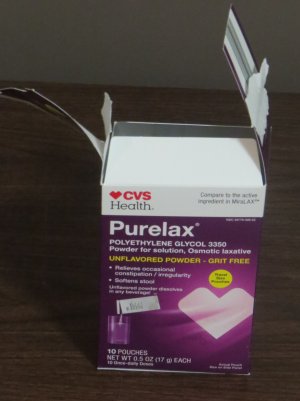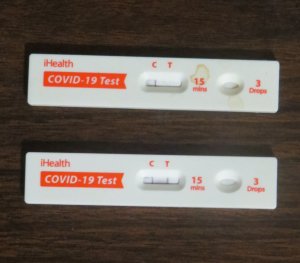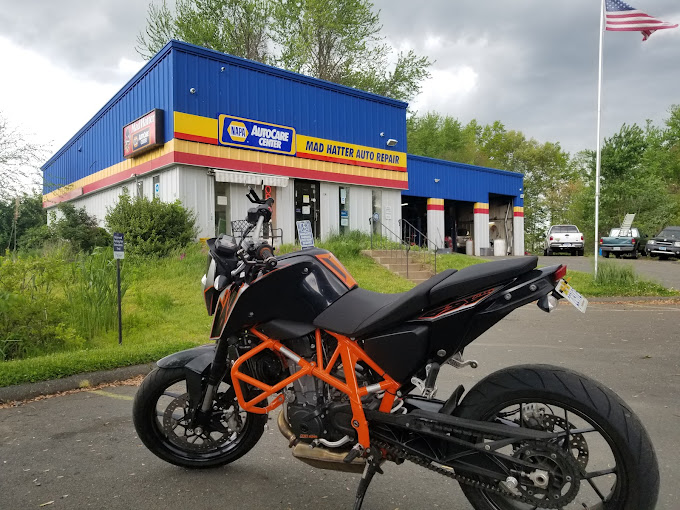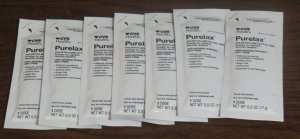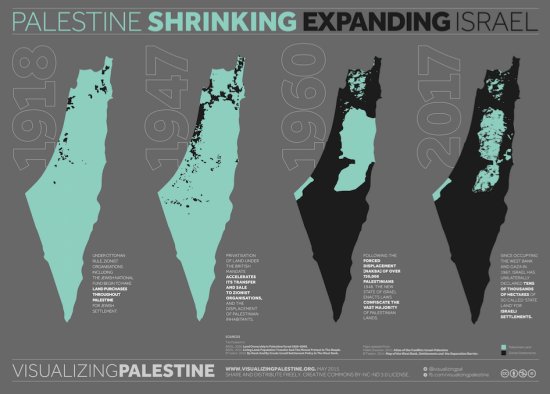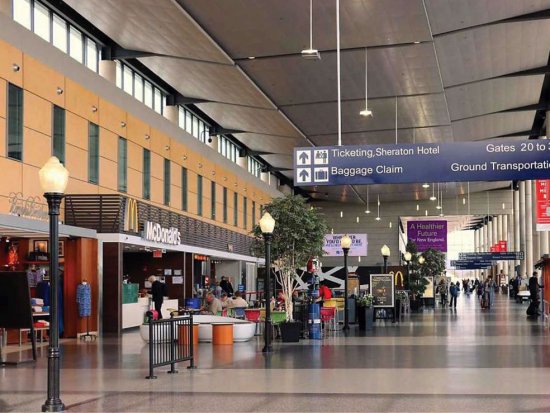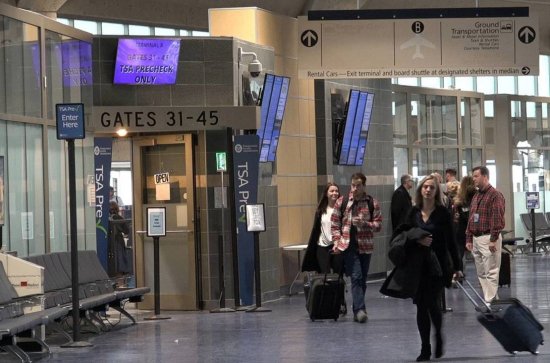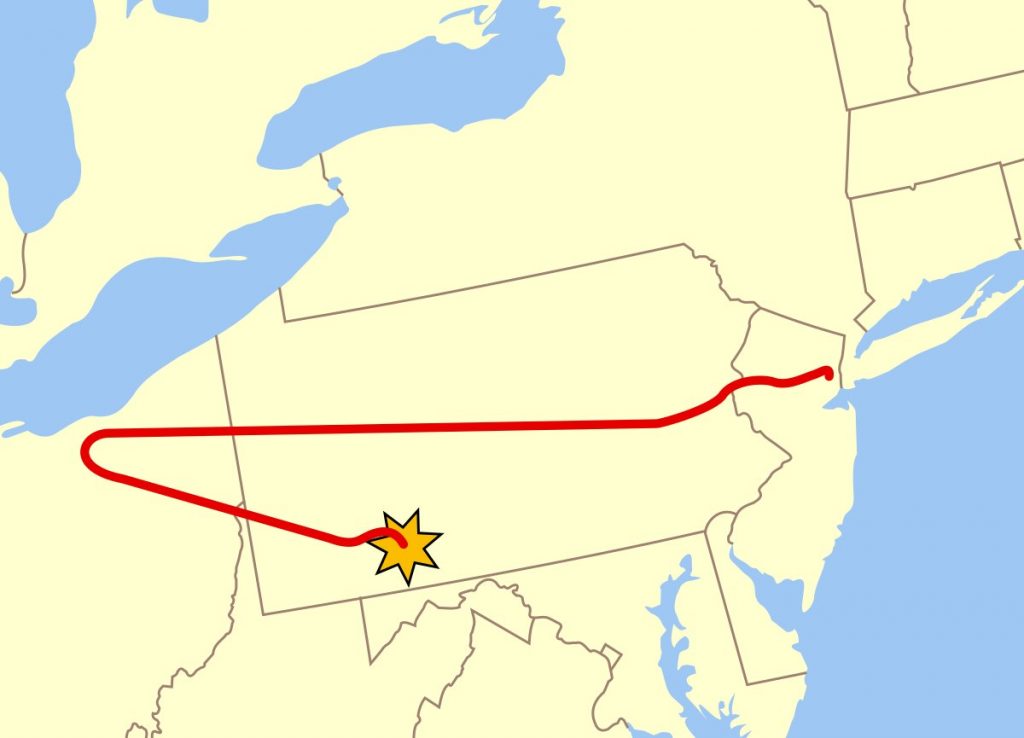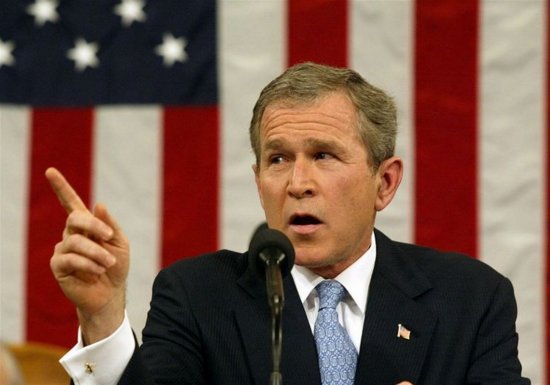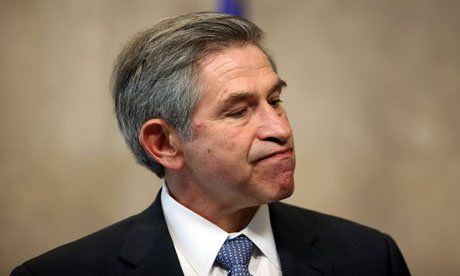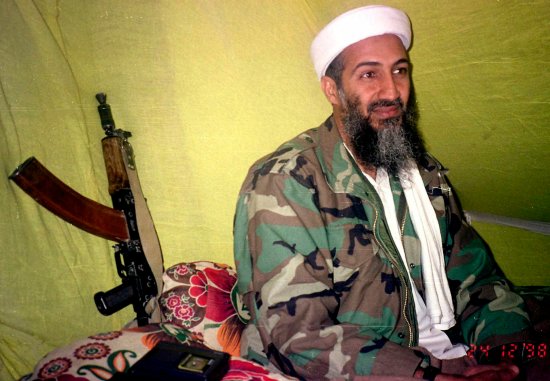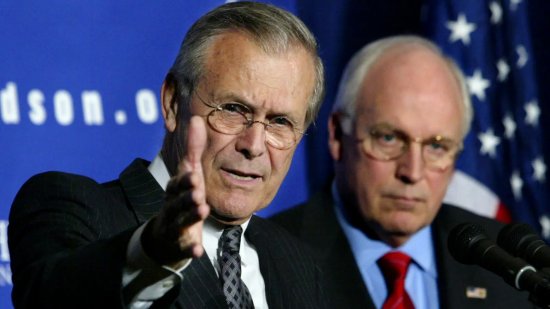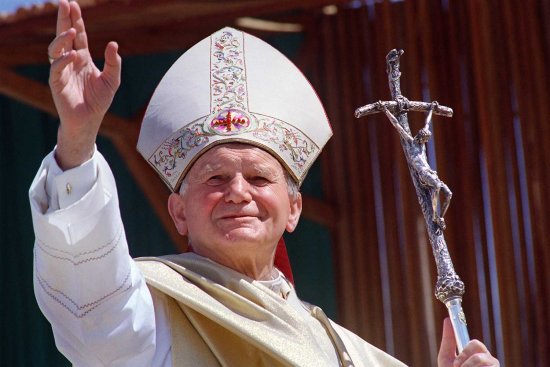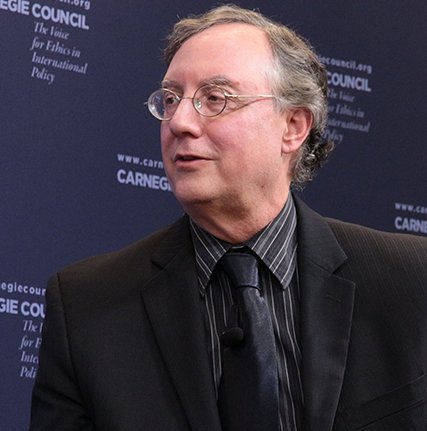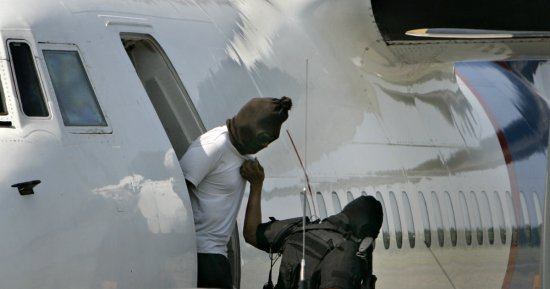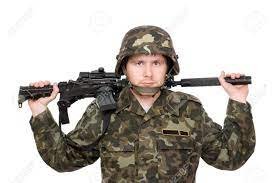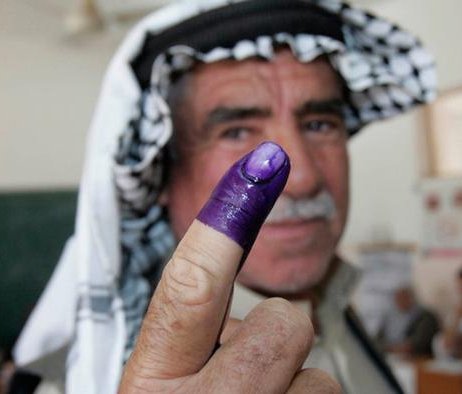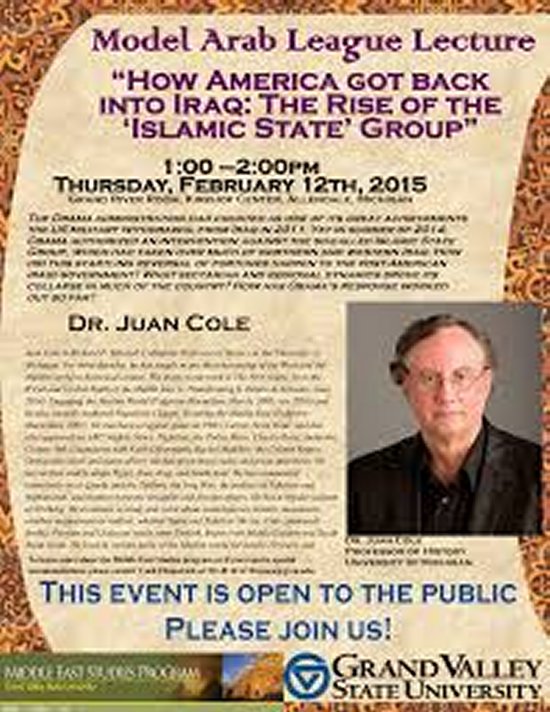Unplanned and unwanted. Continue reading
In November of 2024 two dates were circled on everyone’s calendar. The presidential election that featured Kamala Harris (after Joe Biden was convinced to stay on the sidelines) and Donald Trump was scheduled for Tuesday, the fifth. It was difficult to imagine a pair of candidates any more different than they were. Most supporters of each considered that the election of the other would be disastrous. The experts judged it a toss-up.
The other big day was Thursday the 28th, Thanksgiving. Sue and I had been invited to Burlington, VT, to celebrate the occasion with the extended Corcoran family, but we had felt awkward at the previous such gathering that we had attended, and so we declined.
The last regional bridge tournament on the calendar in New England was scheduled for Monday the 18th through Saturday the 23rd at the Holiday Inn in Norwich, CT. The Nutmeg State had not hosted a regional tournament since February of 2019.1 I had amassed lot of hotel points for IHG, the company that owned both Holiday Inn and Crowne Plaza. During the summer I had unsuccessfully tried to use them for the Ocean State Regional in Warwick, RI, in September. No such rooms were available. Since the dates for the Harvest Regional in Norwich had already been published, I immediately reserved a room for all five nights and paid for it with points.
Abhi Dutta asked me to play with him on the first three days. Jim Osofsky and Mike Heider were looking for teammates for the Swiss team games all week.2 My other three prospective partners were fellow members of the Hartford Bridge Club (HBC). John Lloyd agreed to play in the bracketed pairs on Friday, and Eric Vogel committed to the Get-Away Teams on Saturday.
Xenia Coulter, who grew up in Ann Arbor, attended U-M, and lived in a town near Norwich, volunteered to play with me in the open Swiss scheduled for Thursday. Xenia and I had never played together before. We spent quite a bit of time going over the convention card via email. The HBC scheduled a special game for Veterans Day, November 11. We played together in that event and finished third out of eight, which was worth 1.34 masterpoints. I added Xenia to my list of partners, which at the time totaled 151.
Here, then, is a snapshot of my calendar for early November.
In addition to what is shown above, I also played in my regularly scheduled bridge games on the first two Tuesdays, Wednesdays, and Saturdays at the HBC as well as the Sunday afternoon game with Sue. I also played in the two Wednesday evening games at the Simsbury Bridge Club (SBC). In the week before the tournament I played Saturday, Sunday, Monday, Tuesday, Wednesday (twice), and the following Saturday. All of my preparation was relegated to the remaining three days.
The latest iteration of Covid was spreading fairly rapidly through the HBC. YL tested positive for Covid after the game on Saturday the ninth. Mike Carmiggelt. tested positive after the game on the tenth. I played against YL, but Sue and I did not play against Mike. We both wore masks because we had the sniffles. Other regular players at the HBC who reportedly had contracted Covid were Jim Macomber, Laurie Robbins, Lesley Meyers, and Bill Watson.
Wednesday, November 13: I never felt even a little sick, and by Wednesday my congestion was no worse than usual. However, Sue was much worse. She told me when I returned from the evening bridge game at about 11:00 that she had trouble breathing and could not sleep. I was very alarmed at this development. For the last few years she generally slept with a CPAP machine and supplemental oxygen. She asked me if we had any Alka Seltzer Cold Plus packets. I remembered seeing one in a drawer in my bathroom. I fetched, and she dissolved it in a glass of water and drank it.
I was already in a very bad mood. After playing two nondescript bridge games it occurred to me that I had come to enjoy the game a lot less than most of the other players. Almost everyone talked about the hands at the table, a practice that annoyed me greatly. People made the same old jokes, such as Eric’s “best for last” comment in the last round of almost every session, just to have something to say. I would have laughed if the remarks were original or funny, but I could not remember doing so even once since the lockdown. So, I had become almost completely a silent participant in club games.
Thursday, November 14: In the morning I drove to CBS and bought Sue Package of Alka Seltzer Cold Plus. It seemed to help, but she complained that it tasted terrible. I also picked up some groceries.
I had nothing of great importance scheduled for either the 14th or 15th. I am almost always worn out after the Wednesday night game. On Thursday I planned to go walking at about 2:00, but between shopping, naps and preparing supper, I never managed to do it. I had heard from Charles Schwab that one of my Treasury bills would mature on that day.
Friday, November 15: I sent out an email to the regulars at the SBC at around 8:00. It announced that there would be no more games in November and erroneously stated that the next game would be on December 3, which was a Tuesday.
I also did my cash worksheet for the rest of the month. I transferred a few thousand dollars from the Schwab account to cover the cash needed rest of the year. I discovered that I could not afford any of the T-bills that were available. I decided to buy a CD from Chase instead.
I did not find time to walk on Friday either. For the previous six weeks I had been reading a massive novel, Vladimir Nabokov’s Ada or Ardor: A Family Chronicle that I had checked out from the Enfield Public Library. It was certainly one of the strangest books that I had ever read. It was published in 1969, when Nabokov was 90. The two main characters, who are siblings as well as cousins, converse in French, Russian, and English, with a little Italian thrown in. The main plot is about their torrid off-and-on sexual relationship, reportedly consummated more than one thousand times! There are also many subplots, and the setting is not on Earth (called Terra in Ada), but a similar place called Antiterra3. Despite the fact that Ada had been on the shelf for fifty-five years, no one in Enfield had ever filled out the little form provided for short comments at the back of the book. I rated it as 8. My comment was “Incomprehensible but awesome.”
I finished Ada on Friday and returned it to the Library. I checked out two new books, Pnin, a much shorter and more light-hearted novel by Nabokov, and Mrs. Osmond, the only “literary” novel by John Banville on the shelves that I had not read. I was surprised to see that Banville had also published a new crime novel called The Drowned. It featured both of his pathetic sleuths, Quirke and Detective Inspector Strafford.
Before going to play bridge at the HBC on Saturday I took an antihistamine to assure that I did not need to cough or blow my nose much. I wore an N95 mask. My partner, as always, was Peter Katz.
I played pretty well throughout most of the game. We finished second for the third week in a row.
My most grievous error came on the hand shown at the right. I, sitting West, passed. If the vulnerability had been reversed, I might have tried 2♦. Tom Katsouleas bid 4♠, and everyone passed. Peter led the ♠A. I played my lowest club (encouraging). Peter continued with the king and a third club, which I ruffed.
I neglected to notice that Peter led the 10 rather than the 8. I had to decide between ♥10 and ♦A. Peter had, in fact, asked me to return a heart. If I had, we would have set the contract. It would not have helped us much because the only team that beat the contract also doubled, and we did not.
Sue finally felt better. She fixed Jambalaya for supper, but she complained that she could not smell it. I ate my serving, and I even had dessert. I had been constipated for a few days, but it in no way affected my appetite.
While we ate supper I washed three pairs of bluejeans and one sweatshirt. An hour or so later Sue moved the clothes to the dryer and set it for thirty minutes. I checked them when the dryer stopped. They were all still a little damp. I put them on for ten more minutes, and I noticed that the dryer’s drum was not rotating. I had to hang the garments on the shower rod and hope that they would dry by the time that I left for Norwich on Monday.

Sunday, November 17: I woke at around 6:00 on the morning after a good night’s sleep. Michigan’s football team had had its second bye week, and so I did not rush into my office to check the results on the Internet. I tried to think of everything that I needed to do before leaving the next morning for the tournament. Aside from packing, the most important item was to pay Cox Cable and the statement balance on my Chase IHG credit card. I had some tea and a red Delicious apple (4016) while I scrolled through the websites that I checked every morning—The New York Times and Washington Post, Doonesbury and Non Sequitur, Juan Cole, the Onion’s “opinions”, CNN, and Twitter.
I then sent out an email that corrected the date for the next game at the SBC. It was scheduled for December 4, not, as designated in Friday’s email, December 3.
After a while I had a hankering for some Bowl & Basket chicken noodle soup, an envelope of which was surely the best bargain available for $.495. Really! A box with two envelopes still cost only $.99. I always ate two bowls. On this morning, however, I could barely finish the first one. I felt a little woozy and very weak. At 8:30 I woke Sue up and immediately went back to sleep.
When I woke up an hour or two later I vomited. I drove to CVS and bought a box of ten pouches of Purelax, the store brand of polyethylene glycol 3350. I dissolved one in a glass of water, drank it, and lay down. I got up three times to go to the bathroom and each time I had a small bowel movement. I felt much better. However, the next time that I got up I vomited again. There was no way that I could drive to Norwich and play two sessions of bridge the next day if I could not keep any food down.
I called the hotel in Norwich and postponed my arrival until Tuesday. I let Abhi, Mike, and Jim know that I would not be there on Monday. For supper Sue fixed me a piece of chicken, some leftover vegetables, and two biscuits. I had no appetite. I had a few nibbles, but I uncharacteristically left most of it on my plate. I did not vomit.
Monday, November 18: I did not rise from bed on Monday, the first day of the tournament, until after 8:00. Sleeping that late was extremely unusual for me. When I woke Sue up she informed me that she had tested positive for Covid. I was not surprised. Her coughs had diminished only a little, and she was still quite congested. She also said that she could not smell the Jambalaya. Her doctor advised her that if I tested negative, I should get the Covid booster and the flu shot.
I ate two bowls of soup. I ate most of a sleeve of crackers over a period of a few hours. I took the second sleeve of Purelax. It seemed to work pretty well. I felt somewhat better, but I had little energy, and I could not concentrate. Although I did not vomit all day, I canceled my hotel reservations and let Abhi, Jim, Mike, John, Xenia, and Eric know that I would not be coming. So, I would be on a “staycation” until at least Tuesday the 26th.
Sue and I watched TV all evening. Our chairs are ten feet apart, and I wore my N95 mask whenever I was around her.
Tuesday, November 19: My energy was better, but I doubted that I could have mustered the power of concentration necessary for two sessions of tournament-level bridge. I slept most of the day, but I had no other symptoms.
In the afternoon I drove to ShopRite and Stop and Shop and bought almost $50 worth of groceries. The most important purchases were the restocking of my personal staples that I had allowed to get very low because I expected to be at the tournament—Caffeine-free Diet Coke, soup, brats, apples, and potato chips.
I tried to schedule an emissions inspection for Sue’s car for Wednesday, but no one answered the phone at The Mad Hatter at 4:45. They reportedly closed at five.
Wednesday, November 20: I tested myself for Covid right after I awoke. The result was clearly negative. Sue spent most of the day in bed, as she had been doing for a week or so. She could breathe OK, but she was still very stuffy and had even less energy than usual.
I drove Sue’s Subaru Forester to The Mad Hatter Auto Repair. Only one other customer was inside, and he was not there for an emissions test.
What a throwback this place was. Three very stoic guys came in and out. The one who took my $20 and key seemed to be in charge, but the other guy who stood at the cash register might have been a partner. There was no one under 40.
I began to suspect that I might have had a very light case of Covid when my nose was running constantly on Sunday. Sue’s case is certainly not light.
Thursday, November 21: I still did not feel “regular”. I therefore drank a third sleeve of Purelax.
I made an appointment for a flu shot and a Covid booster at Walgreens at 3:30. However, the questionnaire that I filled in online asked if I had been in close contact with anyone with Covid in the last fourteen days. When I answered in the affirmative, the program said that I was not eligible for the shots.
Sue called Jason, the pharmacist at Walgreens. He advised her to tell me to answer the “close contact” question in the negative and to then fill out and submit the rest of the form. Unfortunately, I could not find a way on the web page to add my patient info to the existing appointment, and so I made a new appointment for 4pm.I arrived at Walgreens shortly after 3:30. I explained the situation to the lady at the counter. About ten minutes later she administered one shot in each of my muscle-bound arm. I did not even feel the first one. This was different from the previous occasion in that she did not ask me to wait around afterwards for fifteen minutes to see if I had an adverse reaction, and she never asked for my insurance card.
It rained for the first time in several months, but Enfield received less than an inch.
The heater in my car was not working again. I had tried every combination of settings. Nothing seemed to work. This happened in 2023. On that occasion I took it into Lia Honda. After a few minutes they told me that there was nothing wrong with it. It functioned correctly for the rest of the winter.
Friday, November 22: I slept until 8:10. I awoke after a very vivid dream about driving in the snow. I was behind the wheel of an eighteen-wheeler that contained file cabinets. It crashed because someone tried to get an oversized load through a snow-covered narrow road and got stuck. After the crash someone drove off with my tractor-trailer. Incidentally, I have never driven a truck of any kind. I did drive a pickup in the army. I got into trouble when I moved it without fastening the seat belt. That maneuver involved a journey of less than 50 feet that began and ended in a parking lot. An Air Force captain chewed me out for fifteen or twenty minutes.
Both arms were a little sore when I woke up, but I was in no way impaired.
Sue ordered some food from Olive Garden. I drove there and picked up the bag.It cost a little over $50 with the tip. I parked in pick-up space #6. To my left was space #8. To the left of that was space #7. Go figure.
In the afternoon I received a phone message from Lynn Duncan, a bridge player from the Boston area, asking me to play in the Swiss in Norwich on Saturday. I wondered if a card for me was on the partnership desk. I was probably feeling good enough to play, but I could not risk attending when Sue was sick. She was feeling better, but she still spent a lot of time in bed.
Saturday November 23: I walked six laps (3.33 miles) in the Mall. Santaland was up set up very nicely in front of the old entrance to JC Penney, but there were very few walkers or shoppers. Haven Games was the only place that was busy. I probably could have done the remaining three laps, but I did not want to overdo it.
U-M defeated Northwestern 50-6. That gave the Wolverines a 6-5 record going into the final game with Ohio State. It also clinched a slot in a bowl game.
Sunday November 24: I walked 5 miles outside, two laps of my usual circuit. It was 51° when I started and 45° when I finished. I noticed that the pine tree behind the fence at the corner of School St. and North St. that suffered from the same disease as the one that had blown over in our yard had broken in two. A ten-foot tall stump remained.
It never occurred to me to examine the results from the bridge tournament that I had just missed.
Monday November 25: I walked 4 miles outside. The weather was very nice, but a bit of pain in the lower right section of my back led me to cut off one mile by turning onto School St. from Hazard Ave. Still, I managed to walk 12.33 miles in three days, a post-Covid record.
Tuesday November 26: The staycation was over. For the first time in more than a week I drove on the highway. There was not much sunshine. I resolved to make an appointment for my car’s heating problems when I returned. I was pleased to see that the price of a sausage biscuit with egg at the McDonald’s was still $5.25 (including tax).
I played bridge with John C. We did badly. I overheard Sally Kirtley tell Geof Brod that the attendance at the regional tournament in Norwich was not very good. She also mentioned that approximately 90 tables worth of people played in an online regional that ran from the 18th through the 20th. The tournament’s flyer has been posted here. Geof remarked that it had not occurred to him that the ACBL was competing with regionals. This had long been obvious to me. Incidentally, no other district had scheduled a regional during this period.
Just before supper I watched episode 7 of Reindeer Mafia.4
1. I started playing bridge at regional tournaments in 2006. For the next fifteen years a regional had been held in February in Cromwell, CT. One was scheduled for 2020, but only a week or two before the event the Red Lion Hotel was closed by the state for failure to pay taxes. The tournament was hurriedly moved to Sturbridge, MA, that year.
2. The flyer and schedule for the tournament have been posted here. It included no knockouts, and the only bracketed games—in which all participants played against people with similar levels of experience—were pairs games on Friday and team games on Sunday. I intended to complain about this when the Tournament Scheduling Committee reported at the Executive Committee meeting in Warwick in September. However, the TSC presented no report. So, I tried to make my point at the end of the meeting, but no one was paying attention because we were being pressured to play in the evening side game. I was just told that they wanted to emphasize the NAP and the bracketed pairs.
3. Antiterra was described as a sort of inside-out version of Terra. The two calendars were out of kilter a bit. Antiterra had banned electronic technology. The telephone system, which was invented by the deranged aunt of the two principal characters, was somehow based on water.
4. A description of this streamed series from Finland can be found here.


